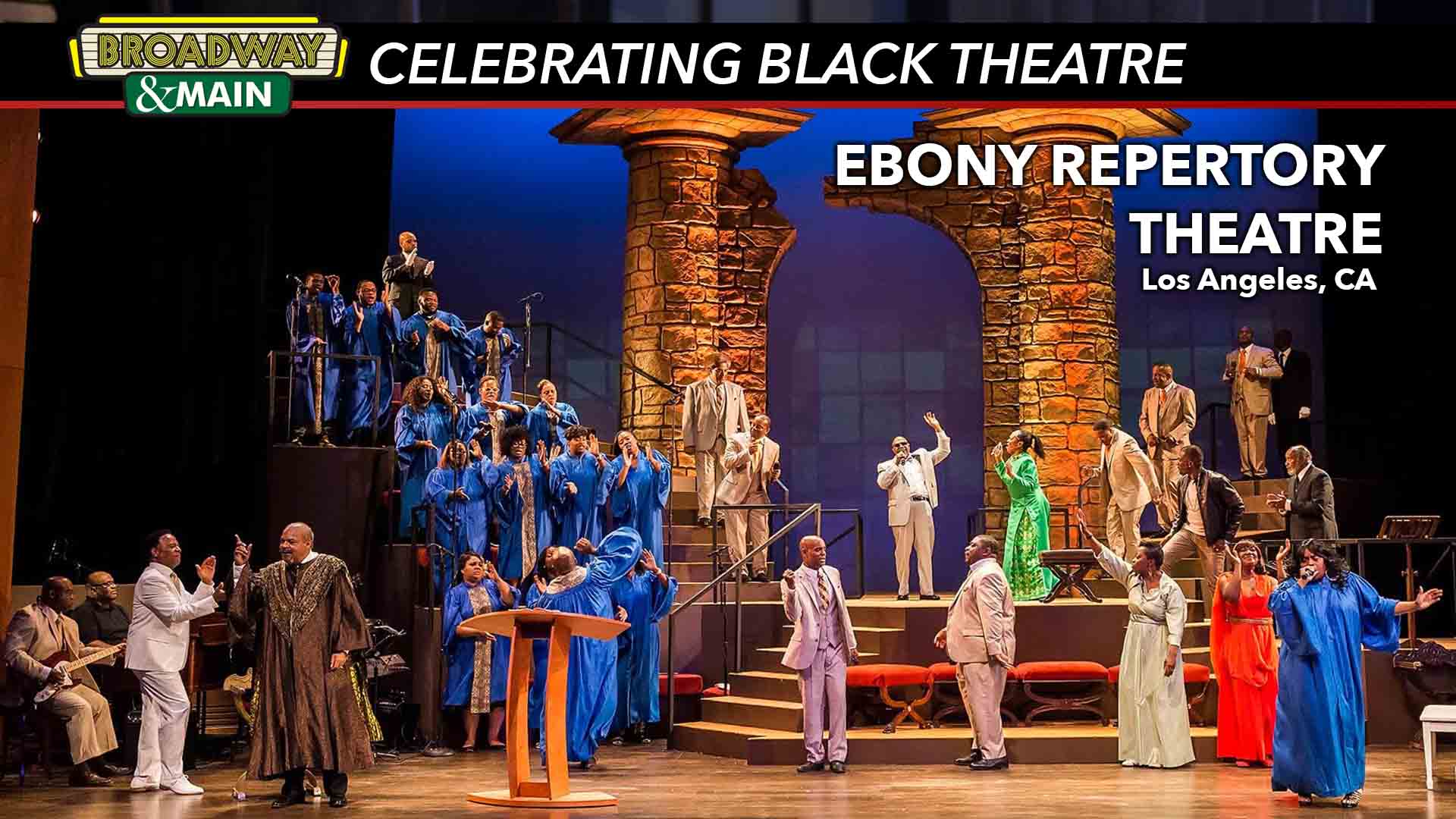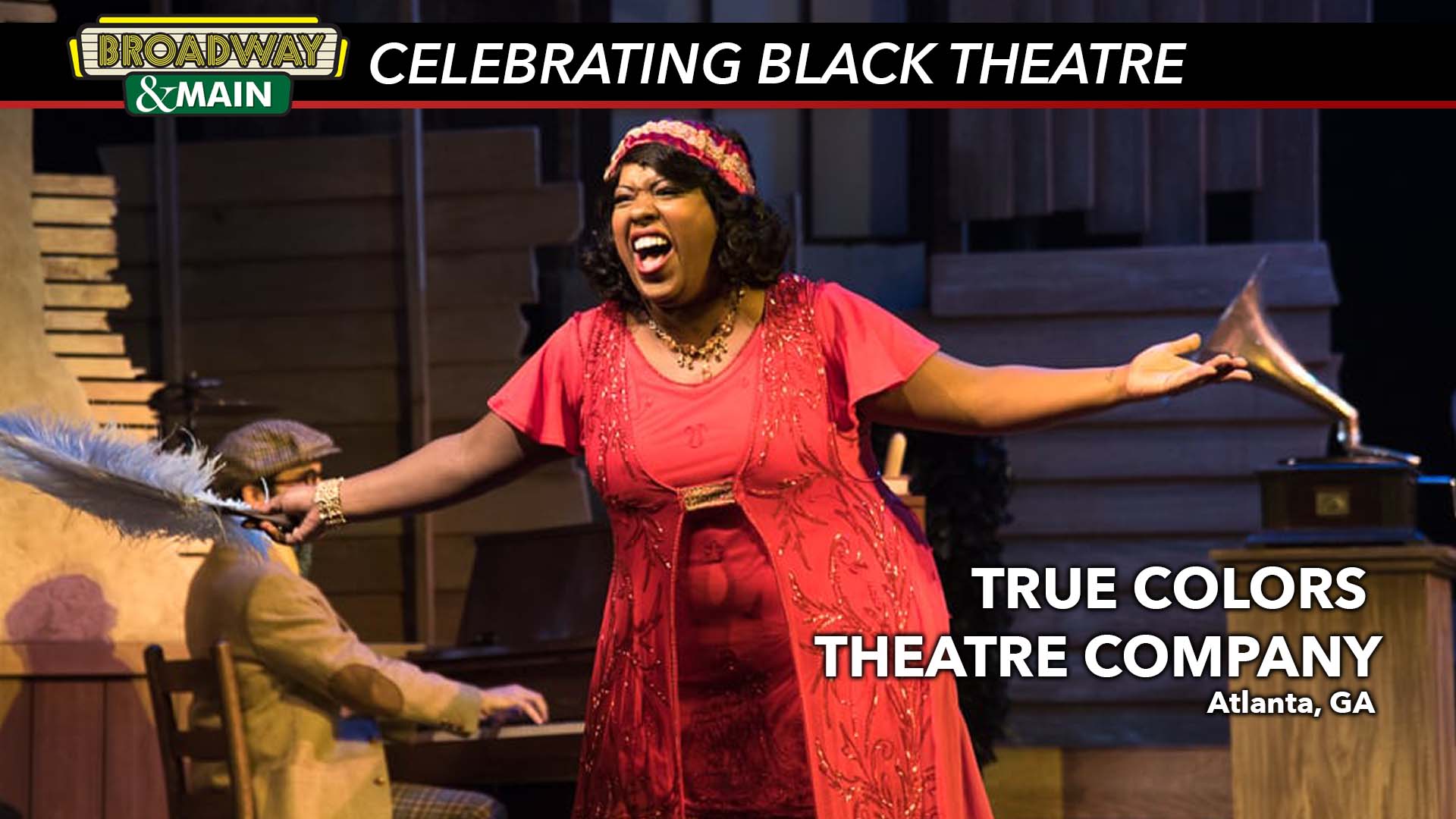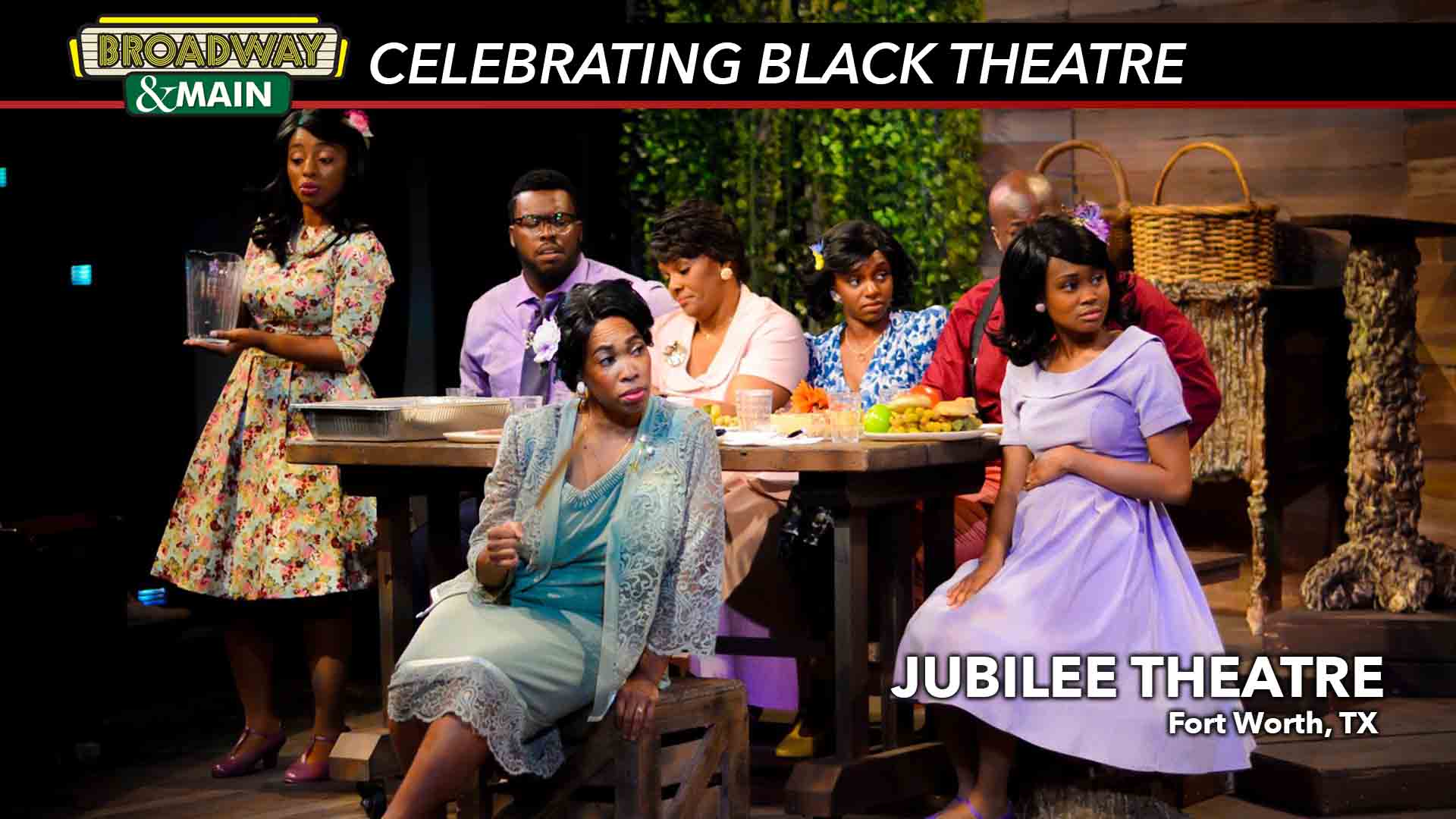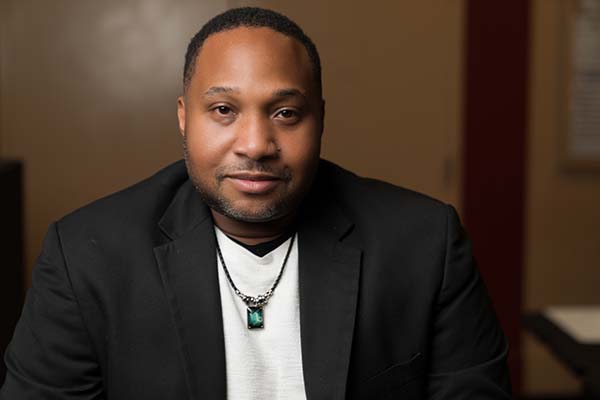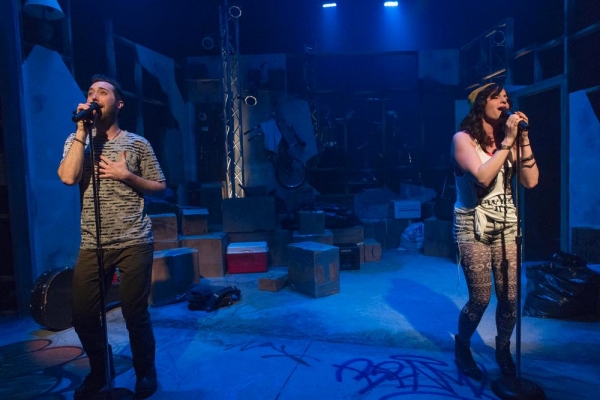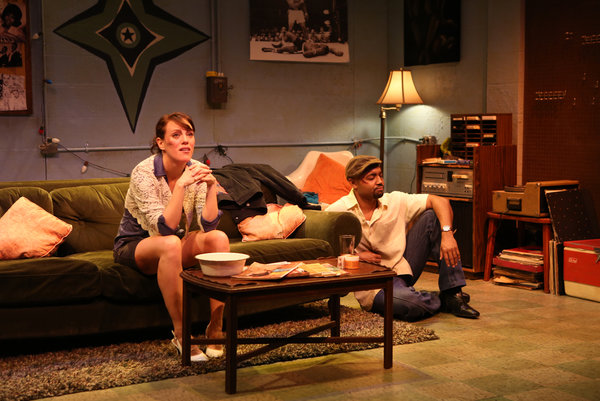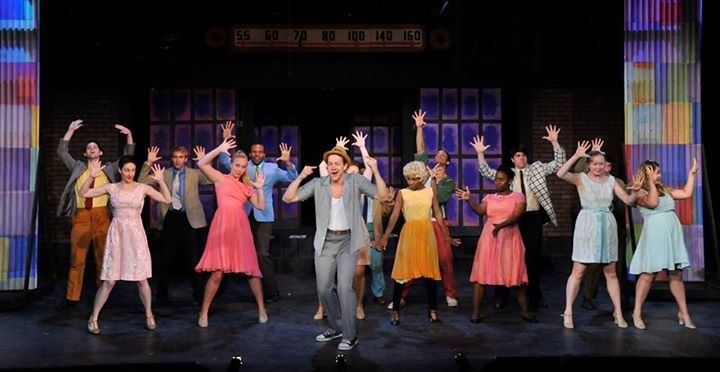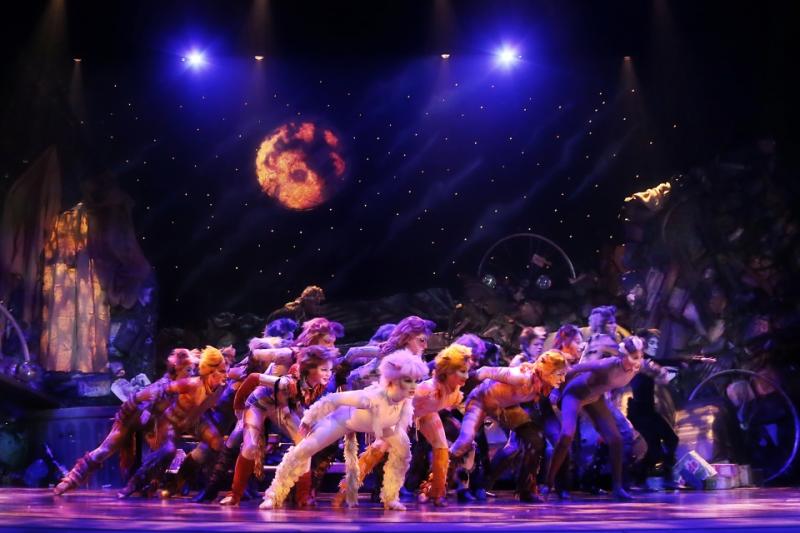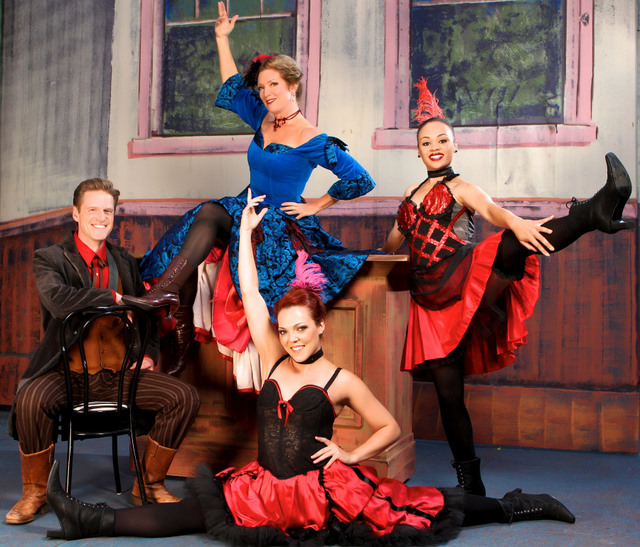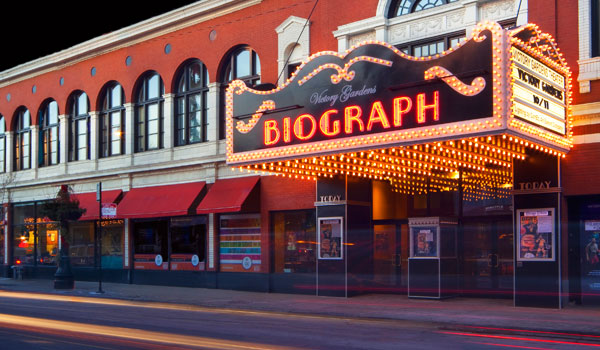In honor of Black History Month, Broadway & Main is highlighting professional African-American regional theaters around the country.
By Kimberly Dijkstra
Ebony Repertory Theatre (ERT) is the first and only African-American professional theatre in the city of Los Angeles. Founded in 2007 by Wren T. Brown and Israel Hicks, ERT has been bringing award-winning theatre, as well as music, dance, and lecture programming, to an extensive, diverse community.
“There was not a place anywhere in the city where these shows, these images, and these voices of the Black community in the theatre were being produced, directed, and starred in by Black people,” said Brown, who in addition to cofounding ERT is the producing artistic director.

Wren T. Brown Founder of Ebony Repertory Theatre
The resident company and operator of the Nate Holden Performing Arts Center, ERT is located only 150 yards from where Brown was born and raised, in the heart of a city with a rich cultural history. Together, Hicks, a highly regarded theatre director who passed away in 2010, and Brown had a vision to create a cultural destination where audiences could seek truth and artists could inspire.
Joining Actor’s Equity was a natural decision as Hicks had always worked under professional contract and Brown is a third-generation Equity member.
“My grandfather joined in the ’30s and my father joined in the ’30s as a child,” Brown said, adding that he himself joined in the late ’80s when his career began to flourish. “Because Actor’s Equity was a part of my life, my father’s life, and my grandfather’s life, I felt that now was the time to ensure that any actor who stepped on this stage would work under a contract that protected them.”
It was important to Brown that his actors would be paid a professional wage, have health insurance, and that by retirement age, they would look back fondly on their time at Ebony Rep.
“It’s important to have an African-American theatre in our community because historically our community has not been able to attend many places where it was able to see itself as whole,” Brown said.
In a city as large and segregated as Los Angeles, ERT is a sanctuary for the Black theatre community – a place “where the work will be produced and directed and acted and designed with a sensitivity that takes in the professional standard that the Black community deserves.”
ERT began its journey with August Wilson’s ‘Two Trains Running,’ a play that explores gentrification in the 1960s, amid the Civil Rights Movement. Since then, they’ve put on a range of plays and musicals, including ‘Crowns’ by Regina Taylor, ‘Paul Robeson’ by Phillip Hayes Dean, ‘Five Guys Named Moe,’ ‘Blues in the Night,’ ‘Lady Day at Emerson’s Bar & Grill,’ and ‘Fraternity’ by Jeff Stetson. Phylicia Rashad made her directorial debut at ERT with perennial favorite ‘A Raisin in the Sun,’ by Lorraine Hansberry.
Brown has found that audiences respond well when theatre explores religion or the church experience.
“One of the lovely things about ‘Crowns’ is the fact that we can invite the Black church into the theatre,” Brown said, and noted that the show is both relatable and inoffensive to churchgoing audiences and mainstream enough for musical theatre lovers.
They also had tremendous success with ‘Gospel at Colonus’ in 2015, a musical that sets ‘Oedipus at Colonus’ by Sophocles in the Pentecostal church.
“The Black church experience was something that Black audiences knew, but then they were able to gain a greater insight into the great Greek tragedy. There were those who came in and knew of the Greek tragedy, but didn’t understand the disposition of the Black Pentecostal church,” Brown explained. “It was a wonderful hybrid there that welcomed the audience then from two different angles.”
In addition to bringing audiences together, Brown is passionate about supporting up-and-coming talent, whether it is developing new voices, or seeking out people of color for scenic design, lighting design, sound design, and other roles that aren’t often held by people of color.
“I’ve always defined my role as producer as the producing of opportunity,” he said. “We are always trying to find people to provide them with the opportunity to begin to professionalize their resume by working at the Repertory Theatre and we reach out with every production.”
ERT also recognizes the importance of exposing children to the arts. They write a grant proposal for every performance and are able to host several hundred high schoolers and junior high schoolers, accompanied by parents, each run. Brown said that Northrop Grumman has been wonderfully supportive of this effort.
“They are the audience of the future,” Brown said. “You want these plays to come beyond the footlights to be able to impact the hearts and minds of these young people.”
For those who have been inspired by theatre, he offers some advice – don’t be stagnant.
“There is something that one can do creatively every day even if it’s dealing in one’s imagination,” Brown said. “Understand that the work of the theatre is sacred, that the rehearsal space is what I call a working laboratory, and to honor that.”
Also, understand that a life in the theatre is a marathon, he added.
“This is a long-distance run. The work of the theatre and the work of creative people is never a sprint,” he said. “The reward on the other side and during that marathon will be tremendously rewarding. It certainly has been for us.”
For more about Ebony Repertory Theatre, visit www.ebonyrep.org.

